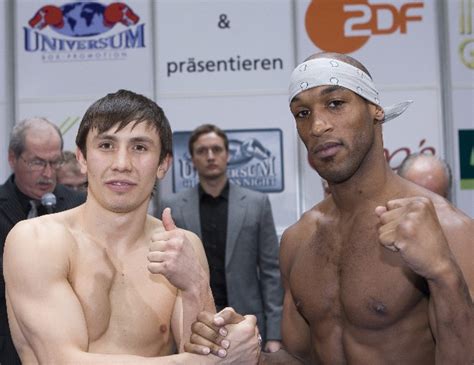A Quote by Julia Quinn
Society is capricious and rewards the bad as often as the good. But it never rewards the quiet.
Related Quotes
A thoroughly socialized person is one who desires only the rewards that others around him have agreed he should long for - rewards often grafted onto genetically programmed desires.A person who cannot override genetic instructions when necessary is always vulnerable..The solution is to gradually become free of societal rewards and learn how to substitute for them rewards that are under one's own powers.
The solution is to gradually become free of societal rewards and learn how to substitute for them rewards that are under one's own powers. This is not to say that we should abandon every goal endorsed by society; rather, it means that, in addition to or instead of the goals others use to bribe us with, we develop a set of our own.
The honey doesn't taste so good once it is being eaten; the goal doesn't mean so much once it is reached; the reward is no so rewarding once it has been given. If we add up all the rewards in our lives, we won't have very much. But if we add up the spaces *between* the rewards, we'll come up with quite a bit. And if we add up the rewards *and* the spaces, then we'll have everything - every minute of the time that we spent.

































